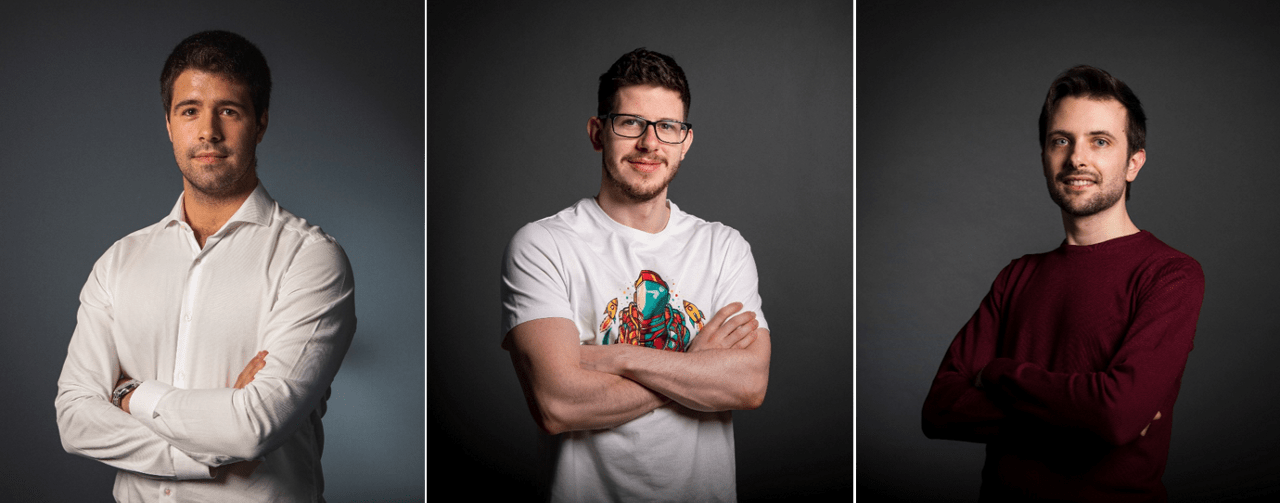Originally hosted in 2019, Airbus’s Quantum Computing Challenge has finally announced the end of the competition. After the experts in engineering and flight physics of Airbus teamed up with many leading quantum computing academics and industry experts to make a decision, it was finally decided who won. The winner is Team Machine Learning Reply.
‘Finding the optimal loading for a plane is a challenging task for classical algorithms, especially because the solution must respect several flight constraints simultaneously. In this work we prove that optimization problems like this one can be mathematically modelled and solved through Quantum computing, offering a new solution path forward.’
Giovanni Pilon, the winning team leader
Traditional computers are gradually approaching limits while quantum computers are only getting advanced by the day. Airbus is a very active user of advanced computing solutions, which naturally necessitates being ahead of the competition and exploring how quantum computing will be useful in the aerospace industry. Quantum computing can even change how future aircraft is designed before being built.

The competition jury was made up of various quantum computing experts including academia and industry members. These experts were the ones in charge of evaluating the proposals by contestants of the Airbus Quantum Computing Challenge.
Flight physics is right at the heart of Airbus’ business, and is defined as ‘the broad denomination of all scientific and engineering aspects related to the flight of aircraft’. This topic can range from practically all aspects of an aircraft’s life, from designing to operating it, and even the quality of movement through the air and the revenue stream of airlines. To calculate the full life cycle is extremely problematic for classical computers. Airbus is aware of this, which is why the company is exploring the use of quantum computers to revolutionise its products and make them fly better.
This journey of exploring quantum computing led Airbus to propose five challenges that aircraft designers face, as well as problems on in-service optimisation. Any quantum computing expert from post-graduate students to professionals were invited to try and solve them. The main condition is that quantum computing is used in solving these five problems.
These potential solutions might help Airbus to understand how quantum computing can fit in the aerospace industry or even replace high-performance classical computational tools that still are the cornerstone of aircraft design.
You can find a short summary of all five problem statements in the original article linked below.
About Airbus
Airbus is one of the thought leaders of the world’s aerospace industry and producer of many of the world’s iconic planes. The company designs and produces cutting edge aerospace solutions to help better move the world. Also involved in the commercial aircraft sector, Airbus is also producing aircraft for Space and Defence, as well as helicopters.


